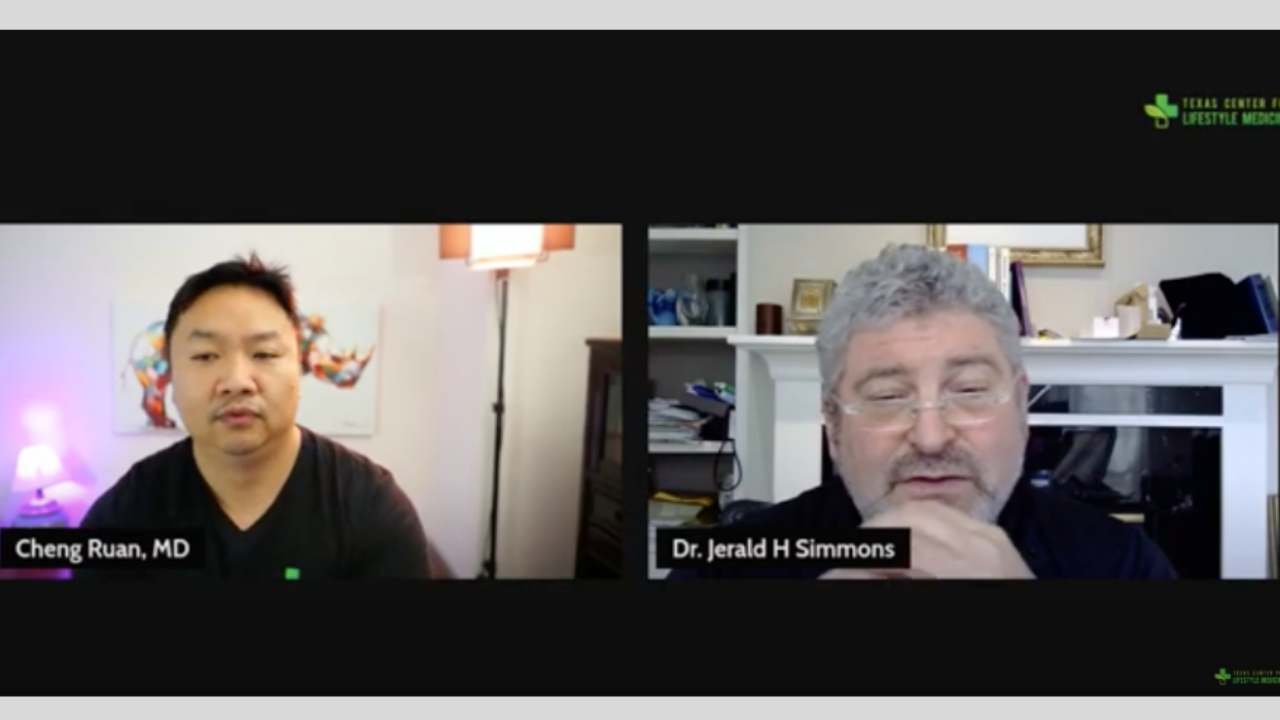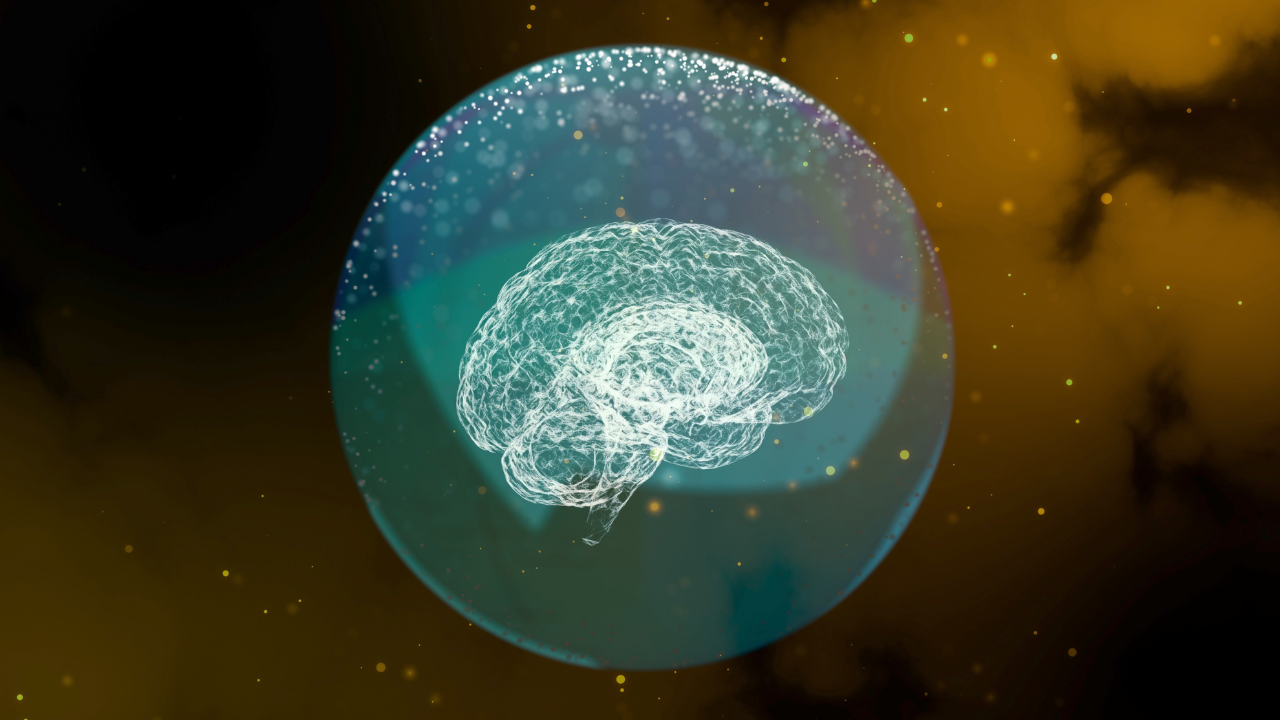Blog
Sleep, Jaw Structure, and Mental Health

Upper airway disorders, sleep disturbances, obstructive airways, and other sleep disorders are more common than we once thought. Most people are familiar with the role that sleep disorders play in metabolic health and heart health, but many are not aware of just how great the link is between sleep disorders and mental health. There is no denying that there is indeed a mental health stigma, and this often impedes people from getting the help they need. We believe that if we can shed light on biological mechanisms that cause or contribute to poor mental health, then we can give people the information they need to make informed decisions to better their health and improve the mental health crisis in the US.
Where should we start when addressing sleep disturbances and overall health? Firstly, it is good to know the signs to look for if there are no obvious signs of sleep issues (such as snoring, waking in the night gasping, jaw clenching/TMJ). Some of the seemingly unrelated but very c...
Lifestyle Medicine: A Solution for Mental Health?

If you have ever struggled to get to the root of your mental or health struggles, know that you are not alone. Many people are unaware that their mental health can be closely related to their physical well-being. Therefore, they are left to guide themselves through their wellness journey alone or through trial and error, which can feel extremely frustrating and hopeless. Lifestyle medicine serves as a powerful bridge to achieve lasting health and wellbeing. It does this with an integrative approach, guiding individuals through behavioral changes, sleep hygiene tips, nutritional advice, and precise testing to get down to the core of any medical issue one may have. With lifestyle medicine’s highly influential methods for restoring balance in mind and body alike – it is no wonder why so many are turning towards it for optimal health solutions!
Lifestyle medicine takes into account your habits related to nutrition, sleep, exercise, and stress in conjunction with your environmental e...
Train Your Brain with Neurotherapy Technology

Here at TCLM, we love implementing neurotherapy training in our patients' healing programs for mental and emotional well being as well as brain health improvements. There is no denying that the U.S. is facing a mental health crisis, but many are suffering silently as they do not know where to turn for tools and support. Neurotherapy training is a great place to start in combination with other healing tools. The technology has shown to significantly improve mental and emotional health as well as brain and cognitive function as a whole.
Neurotherapy training has continuously been helping our patients who want to take their brain and mental health to a higher level. Patients who are struggling with sleep issues, anxiety, depression, fatigue, memory issues, brain fog, and other cognitive issues have seen significant improvements when using our technology consistently. Why is neurotherapy training so effective in improving brain and mental health?- The premise of its technology is based...
Group Visit Spotlight: Brain Train Masterclass

In Dr. Ruan's Brain Train Group visits, participants are able to share each others' health experiences, discover valuable healing tools, receive background information regarding root causes of brain and mental health issues, and discover resources to guide them along their health journey toward improved brain function.
In the Brain Train Group Visits, Dr. Ruan brings specific medical insight into the brain and neurological conditions, while sharing a roadmap to health and wellness. However, the central aspect that sets group visits apart from one-on-one provider visits is the community aspect. In a safe, judgment-free group space, members have the opportunity to share in each other's challenges, develop mental and physical resilience, and empower one another to apply healing principles to their life. Dr. Ruan also shares his personal experiences and tools he has used in his own brain health journey, after experiencing multiple concussions and discovering an underlying sleep disorde...
What is Neuroplasticity?

Did you know that we can train our bodies and minds to change the way we automatically respond to our environment? A fancy word used to describe this phenomenon is neuroplasticity, or the ability for the nervous system to change its response to stimuli via changes in structure or function. Our brains are neuroplastic, which provides so many with such hope, especially to those who feel they are a slave to their emotional triggers or those who have suffered from brain injuries.
We must understand how we can promote neuroplasticity, so we can take action in the betterment of our brain and neurological health! Several important factors that contribute to neuroplasticity are:
- Nutrition
- Exercise
- Belief Systems
- Sleep and circadian rhythm
- Use of creativity
- Having a sense of purpose
- Stress management
When we eat foods that promote the health of our brain and the integrity of the blood-brain barrier we are optimizing our ability to promote neuroplasticity. Such foods that prom...
Transforming Trauma through Movement

Feeling through the pain of our circumstances is the most healing and courageous thing we can do for our bodies and minds after living through trauma, whether it was a minor or major traumatic experience.
Most of us wish we could skip through the phases of feeling the painful emotions involved in the healing journey. We may take the initiative to identify where the pain derived from, acknowledge why we are the way that we are, and then we want to jump miles ahead toward an envisioned end point of healing. However, our bodies and minds will not allow us to do so. Self-awareness does not indicate healing, and often keeps us trapped in our past pain when we do not take the necessary steps to process the emotions behind the event.
It takes courage to allow ourselves to feel the pain of our traumatic experiences. Our brain has a tendency to try to protect us, telling our minds that it is too much to confront, so we push the feelings down even further down, burying the emotions deep ...
Dysautonomia Awareness

Dysautonomia is at times, very difficult to diagnose. Symptoms may range on a scale of moderate to severe, which has caused a tremendous amount of frustration in our patients with dysautonomia.
Dysautonomia is a condition that affects the autonomic nervous system, which regulates many of our body's processes, including heart rate, digestion, breathing, and temperature control. To put it simply, it is a dysfunctional relationship between the body and the brain. Dysautonomia can take many forms and affect people in different ways. Some common dysautonomia symptoms include fainting or dizziness upon standing up quickly, intermittent pain throughout the body, fatigue and weakness with minimal exertion, digestive issues such as constipation or diarrhea, trouble swallowing, fluctuating heart rates between fast and slow rhythms, difficulty regulating normal body temperature (too hot/cold), sleep issues, excessive sweating or lack thereof, and digestive issues including gastroparesis.
...
A Diet for Brain and Mental Health

While we are not fans of fad diets, especially for the sole purpose of temporary weight loss, there are specific approaches to nutrition that may benefit those who struggle specifically with brain and mental health disorders. There has been extensive research on the role of the ketogenic diet, or a low-carb diet in healing neurological and brain disorders. Although many people are familiar with the ketogenic diet strictly for weight loss, its original intent was actually to reduce symptoms of epileptic seizures.
A major reason why a low-carb diet may improve mental health symptoms is that insulin signaling is significantly impaired in those dealing with depression, anxiety, Alzheimer's, and even bipolar disorder and schizophrenia. Insulin signaling works differently in the brain than in the blood. Studies have shown that a poor diet contributes to insulin resistance in the brain before insulin signaling in the blood is impaired. This means that our brains are impacted by our die...
Body Hack: Exercise and Your Brain

BDNF, or brain-derived neurotrophic factor, is a protein that plays an important role in promoting brain health and cognitive function. Research has shown that regular exercise and physical activity can boost the expression of bdnf gene levels in the brain, leading to a wide range of mental and physical healing benefits.
It was once thought that physical activity had no direct impact on cognitive performance, but now science reveals that they are very much connected. Exercise and movement are consistently linked with improved mood, reduced stress levels, increased energy, enhanced cognitive function, and better sleep quality. These benefits can be attributed to BDNF – an important factor that promotes neuroplasticity in the brain. This means that exercise increases our ability to adjust to new stressors, adapt to our environment, improve our responses to stress, and improve self-awareness. It is assumed that because exercise and cognitive health go hand in hand, this was an ingrain...
Reverse Brain Disorders Summit

How brilliant, delicately crafted, and fearfully designed are the intricate workings of the human brain and its relationship to the mind and body. The more that we discover through the research of devoted scientists, lifelong learners, doctors, and researchers, the more that we realize how much we may have yet to uncover. The brain is quite vulnerable, and in need of mind and body-supporting tools in order to function at its optimal capacity. When we are bombarded with mental or physical toxins and have no defense strategies to combat them, we may be left with cracks in our armor. If left unattended, these cracks could lead to disorders including ADHD, Bipolar Disorder, Alzheimer's, chronic fatigue, or cognitive decline.
At the Reverse Brain Disorders Summit, you will learn how to protect your brain from very preventable diseases, discover healing tools, and learn life-changing information about the beautiful complexities of the human brain and mind. The first step toward healing i...
